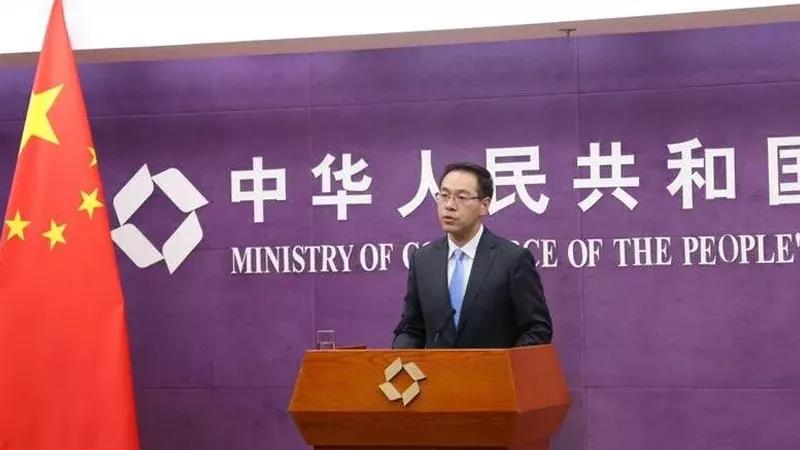Ministry of Commerce: If China and the United States reach an agreement, the tariffs imposed must be cancelled.
Beijing, July 4 (Reporter Yu Jiaxin, Wang Yuxiao) The spokesman of the Ministry of Commerce said on the 4th that the US unilaterally imposes tariffs on Chinese exports to the United States is the starting point for Sino-US economic and trade frictions. The tariffs imposed by the US must be cancelled.

At the G20 Osaka Summit, which ended recently, the heads of state of China and the United States agreed to restart economic and trade consultations on the basis of equality and mutual respect. The US no longer imposes new tariffs on Chinese products.
At the regular press conference held on the same day, Gao said that at present, the economic and trade teams of China and the United States have maintained communication. He also said that China always believes that Sino-US economic and trade frictions will ultimately be resolved through equal dialogue and consultation. The US no longer imposes new tariffs on Chinese products and avoids further escalation of economic and trade frictions. China welcomes this.
Regarding the US side's statement that the future Sino-US trade agreement should be tilted toward the US side, Gao said that the essence of Sino-US economic and trade cooperation is mutual benefit and win-win. China always stresses that consultations should be carried out on the principle of mutual respect, equality and mutual benefit. "If an agreement is reached, it should be two-way balanced, equal and mutually beneficial, and China's core concerns must be properly resolved," he said.
Gao stressed that he hopes that the two sides will take care of each other's legitimate concerns on the basis of equality and mutual respect and seek a mutually beneficial and win-win solution based on the important consensus reached by the two heads of state in Osaka, to create stable and predictable solutions for the two countries and global enterprises. Trade and investment environment. This is not only in the interests of the two countries and the two peoples, but also the general expectation of the international community.
Next article:None






